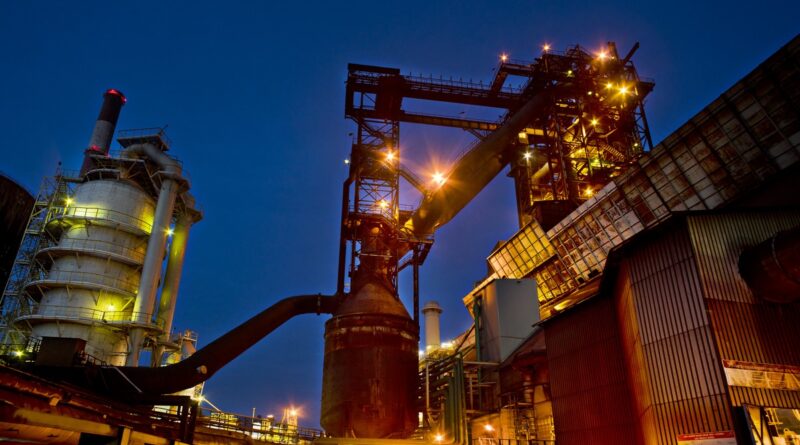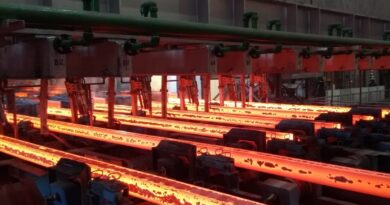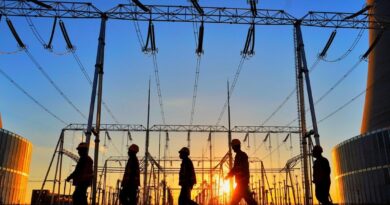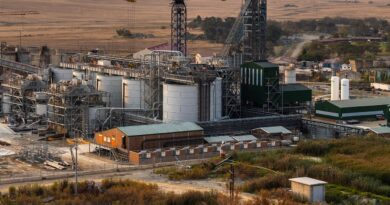Arcelormittal South Africa reports strongest annual profit since 2008
Despite the volatility from the ongoing presence and repercussions of Covid-19 and its various variants, 2021 was an exceptionally strong year for ArcelorMittal South Africa. The Company’s annual results were supported by a continuing strong price environment, higher sales volumes, and the benefit of robust price-cost effects, all resulting in the highest yearly EBITDA (R8 569 million) and headline earnings (R6 860 million) since 2008.
The average international dollar steel prices increased by 91%, iron ore by 48%, coking coal by 82%, and scrap by 68%.
Acceleration of free cash flow generation, from the first half of the financial year’s R985 million to the full year’s R1 962 million, resulted in a reduction of net borrowings by R2 366 million to R1 258 million, against R3 624 million at 31 December 2020.
The free cash flow performance was after the R2 724 million reduction in a significant payable with extended credit terms. This represents meaningful progress against one of the key strategic pillars of the business, namely, to improve financial resilience by operating on a net cash funding basis.
The Business Transformation Programme (BTP) contributed a further R2 085 million (2020: R1 543 million) in improvements, bringing the cumulative benefit achieved since the programme started in the second half of 2018 to R5,6 billion.
Excluding Saldanha Works, which through an orderly and commercial wind-down was placed under care and maintenance early in the second quarter of 2020, the Company’s average capacity utilisation increased from 42% in 2020 to 60% in 2021 and is currently at 79%.
Crude steel production (including that from Saldanha Works) increased by 34% or 769 000 tonnes, from 2,2 million tonnes to 3,0 million tonnes in 2021. Crude steel production marginally increased by 3% to 1,53 million tonnes in the second half, compared to 1,49 million tonnes in the first half of 2021.
As reported in July 2021, the safety incident at Vanderbijlpark Works’ coke-making unit was the primary contributor to the lower commercial coke production. For 2021, although commercial coke production was 43% lower at 160 000 tonnes, supplemented with available inventory, sales volumes remained flat at 308 000 tonnes. Sales fell by 40% to 114 000 tonnes in the second half compared to 193 000 tonnes in the first half of 2021 due to lower inventories and a slower post-incident production recovery.




